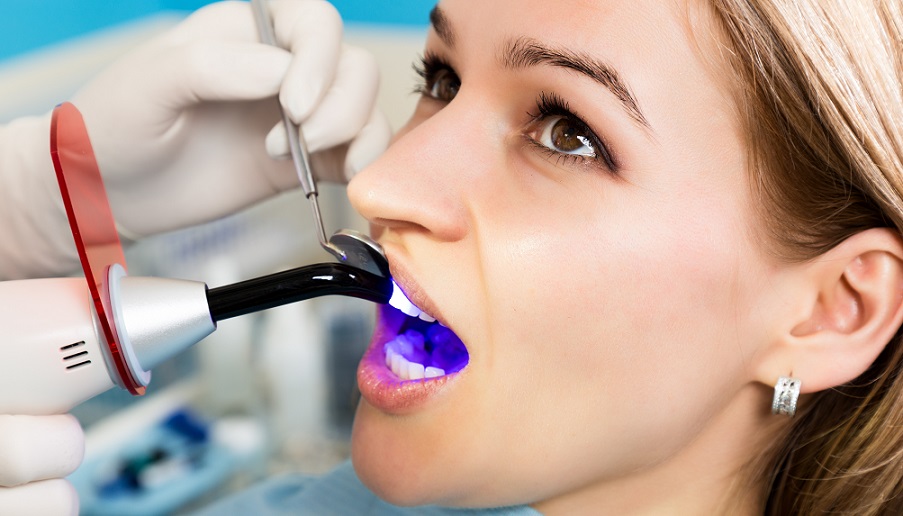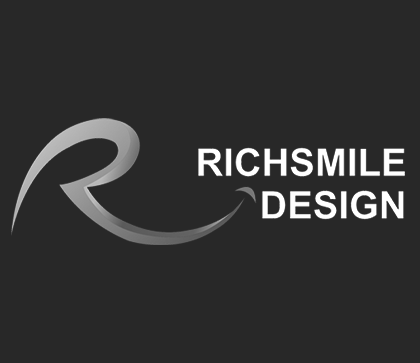
Is Composite Dental Bonding Treatment Right For Me?
March 9, 2022
In this blog we’re going to cover all about dental bonding, what edge bonding is and what the composite bonding cost may be, all in the hopes that this will give you an idea of if composite bonding is for you.
Let’s start with the basics, shall we? What is dental bonding? Dental bonding is typically viewed as a modern way to build up or restore a tooth, it includes adding a composite material to the tooth. Generally, dental bonding is often referred to as edge bonding as we add composite material to the edges of teeth to repair chips or restore length. Bonding may also be used on the front side of the tooth in areas, however, an entire covering of the front of a tooth is called a veneer and is a very different treatment. There are so many nicknames for dental bonding also known as composite bonding, you may hear it referred to as: resin bonding, resin bonding veneers or even composite resin bonding, like we said dental bonding is a treatment of many names.
How is dental bonding done?
Your dentist will prepare the tooth by either buffing up the surface manually or by using an etching gel that makes the tooth surface temporarily more porous which makes bonding to the tooth a lot easier. We advise asking the dentist you choose how they will prepare your teeth to ensure that your natural teeth are protected. A dentist with your best interests at heart will always aim to protect your natural teeth, when we hear people saying ‘dental bonding ruined my teeth’ they tend to be referring to preparation which is often unnecessary. Your dentist should talk through exactly what the process is but make sure you ask questions at your consultation. The material used is similar to that used for white fillings, your dentist will slowly add the material sculpting as they go to create a natural shape.
Now we’ve covered the basics, what are some of the reasons why someone may want dental bonding?
As we mentioned earlier, composite bonding is used for restorative reasons as well as cosmetic reasons, but here are some of the main uses for dental bonding:
1. Repairing chips in the teeth
2. Levelling uneven teeth edges
3. Lengthening shortened teeth
4. Closing small gaps. Dental bonding for gaps is popular but ensure you chat to your dentist about how viable this is for you and how durable it should be in your case.
What does dental bonding cost?
The dental or composite bonding cost depends on the dentist you go to, the location and their experience, generally speaking, dental bonding starts from around £150 per tooth. Most people have 2-6 teeth bonded when they opt for dental bonding but that’s completely up to you, your budget and your needs. Make sure when you receive a quote and treatment plan from your dentist, you fully understand the outline of the treatment and the predicted results. The dental/ composite bonding cost UK may vary from the rest of the world so if you are looking at tourism keep this in mind. A quick word on dental tourism always tries to go through a UK dental practice that has a clinic in another country to ensure your aftercare is continued in the UK.
What are the pros and cons of dental bonding?
Like all treatments there are clear pros and cons for this treatment, so let’s go through them together, starting with the pros.
Pros of dental bonding:
1. Can address discolouration
2. Can restore tooth length
3. Can fix chips in the tooth
4. Can provide a great finishing touch to teeth after orthodontic treatment. For example, composite bonding and teeth whitening is a very common combination after Invisalign to show off your beautiful new smile.
5. It is a quick treatment
6. Natural results
7. Minimally invasive
8. Cost effective
Cons of dental bonding:
1. Not resistant to staining and therefore will need maintenance and regular cleaning
2. Not as durable as veneers. Bonding can chip, especially if you grind or clench your teeth.
3. You will need to avoid activities that could damage your teeth. For example, biting your nails, tearing packets with your teeth and biting ice are all things that could cause your bonding to chip.
To sum up, how do we feel about dental bonding?
Dental bonding is becoming increasingly popular and this is largely down to its cost-effective nature, natural results and quick turnaround time. We do recommend talking to your dentist to ensure that this treatment is right for you and consider the maintenance required as that is important to keep in mind. Also, have a search online or even chat with a friend that has had bonding and see what their experience has been. If you are looking to book a consultation, we recommend doing the usual ‘composite bonding near me’ search and having a look through the reviews and treatments offered by different dentists.
Here Are Some Relevant Pieces You Can Read About Composite Bonding

 Head Office - UK - Unit 1 B 132 Weyhill Road, Andover, Hampshire England, SP10 2PR.
Head Office - UK - Unit 1 B 132 Weyhill Road, Andover, Hampshire England, SP10 2PR. 








